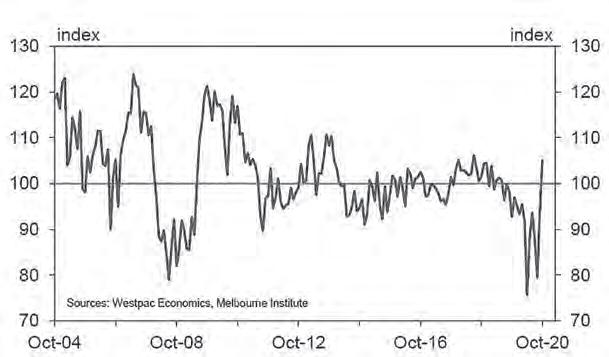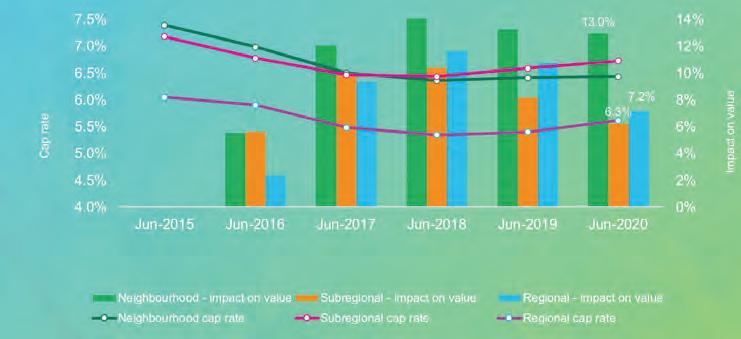legal matters One always gets the feeling that Robert Speirs writes with tongue in cheek. But he’s a lawyer so he’s serious! The ‘Sneakerboy’ verdict is in – the first superior court to consider the COVID regulations. We could be in for a lot of new Maseratis for lawyers!
Sneakerboy v Georges Properties
ROBERT SPEIRS Founding Partner Speirs Ryan
S
ince the COVID-19 regulations took effect there have been a few sad muppets like me, locked in dark rooms, trying to apply the regulations on a national basis. I know allowances have to be made because we are dealing with an emergency, but remember that the regulations can be traced back to the single, universally endorsed, National Code. After endorsing the Code, each state and territory was tasked with enacting local legislation to give the Code teeth. It would have been easy for all jurisdictions to agree to simply enact the Code. Alternatively, if the Code was thought to be too informal, they could have said “Gladys (or Dan, Anna or whoever), why don’t you draft up the regulations, and we’ll all enact the same thing?” I mean, we are all in the 10 SCN
10-11-Legal_Speirs_FINAL.indd 2
same boat, solving the same problem. But no, we all went back to our bunkers, and imparted our own special magic. We gave the Code 6 different sets of choppers. And so instead of having a consistent set of rules to apply across the board, landlords have to work out whether, or how, the regulation applies 6 different times, before getting down to the real business of providing the statutory relief. No one really cares if the start date is 29 March or 30 March or 24 April, but they do care about having to scratch around to work out what it is. Guys, you don’t manage an emergency by creating chaos! So the judgment in Sneakerboy Retail Pty Ltd (t/as Sneakerboy) v Georges Properties Pty Ltd (No 2) [2020] NSWSC 1141 (‘Sneakerboy’) is valuable because it helps us muppets work out what to do.
Sneakerboy is the first superior court to consider the COVID-19 regulations and to answer some of the questions we have been batting around.
The decision is from NSW. In NSW, the regulations direct us to have regard to the leasing principles of the Code when renegotiating the rent payable by a pandemic-impacted tenant. Only NSW, South Australia and Tasmania take this approach. The other jurisdictions do not incorporate the Code by reference (although they copy and paste some content). While it is possible to distil from the case some conclusions of general application, the decision should be treated with care in jurisdictions other than NSW.
When can landlords enforce breach? Regulation 6 in NSW says (in summary) that a lessor must not take prescribed action [eg. re-enter and terminate the lease] on the grounds of a breach of the lease during the prescribed period, consisting of a failure to pay rent or outgoings. Sneakerboy is now authority for the proposition that if the breach (eg. failure to pay rent) occurs during the prescribed period, the landlord cannot take the usual enforcement action during or after the prescribed period [see paragraphs 65-67]. By the same token, it must also mean that landlords can take usual enforcement action during the prescribed period for breach that occurred before the prescribed period.
When does the entitlement to relief bite? In those jurisdictions that expressly adopt the Code, Sneakerboy is authority for the proposition that the entitlement to relief starts, at the latest, from COPYRIGHT©
2020 SHOPPING CENTRE NEWS – ALL RIGHTS RESERVED
13/11/20 4:42 pm



















